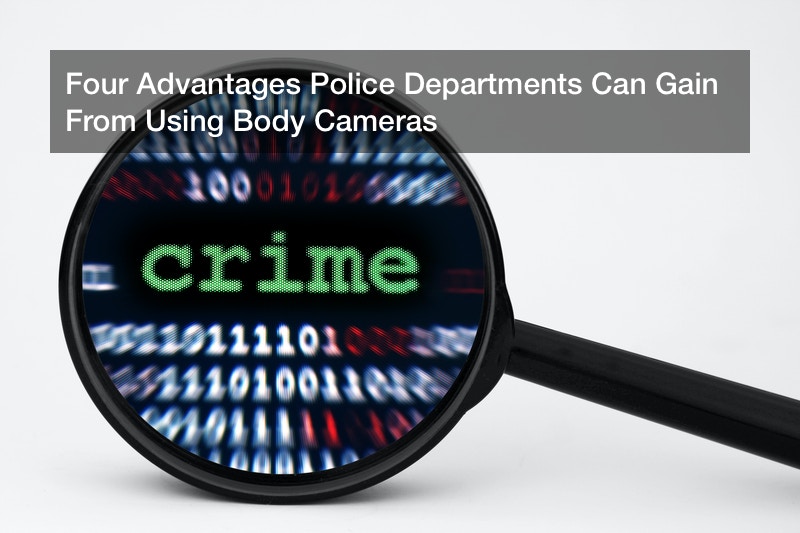Four Advantages Police Departments Can Gain From Using Body Cameras

In these uneasy times we live in, police and other folks who put their lives on the line to protect ordinary citizens can never be too careful. Though there are many officers who do their job without fair and favor, national incidents have left an impression in the minds of many Americans and there are some who are very distrusting of law enforcement.
When it comes to protecting police officers and staying accountable, body cameras are an obvious choice. Some law enforcement officials may be wary of them, but there are actually many advantages of police body cameras:
- A clear picture: Contrary to what some might believe, body cameras don’t capture every single movement. But what they do capture is enough video footage to give juries and they’re commanding officers a look at what happens, especially in complex situations. Rather than having to paint a mental picture, those who need to see footage of what happened can do so. Bottom line: body cameras eliminate a lot of uncertainty.
- Holding officers accountable: Another one of the advantages of police body cameras is that police officers are held accountable by wearing them. You’ve probably found in everyday life that people tend to act a lot differently when they know they’re being watched. The same goes for police officers in the line of duty. Body cameras help keep them in line, even in complex situations. Body cameras may be considered a “nuisance” at the start, but in reality, they give officers a chance to do some self-evaluation and really analyze how they can do their jobs more effectively.
- They’re not really obtrusive: Plain and simple, police have a lot of equipment to carry on the job. As a result, some officers might bristle at the thought of wearing a body camera because they see it as yet another piece of equipment to keep track of.
Love them or hate them, it’s a sign of the times. As of March 2015, it was estimated that about a third of United States police departments were using body cameras. Rather than being a nuisance, they can be used as a tool to help keep officers safe. A recent study by the Pew Research Center of 8,000 officers found that 93% of them are becoming more concerned about the dangers of the job.
One of the biggest advantages of police body cameras is how small they are. This makes them very unobtrusive and they can easily be moved around different parts of an officers’ body. They don’t weigh much either, so realistically they shouldn’t detract from the average officer’s ability to do his or her job. - Reduction in complaints: In the tumultuous times we live in, it’s easy for those who are distrusting of law enforcement to register complaints to and against their local police departments. Body cameras can help bring that criticism down. Recent data has found that 93% of officers who use body cameras are likely to receive fewer complaints from the public. What’s more, 66% of officers and 93% of citizens support the use of body cameras to record interactions between officers and the public.
Another of the advantages of police body cameras is that since they provide a better measure of concrete evidence, officers can spend more time focusing on important tasks and less time worrying about how a situation is going to play out on camera. Body cameras can also help highlight the good things that officers do for everyday citizens in their community.
While there are many advantages of police body cameras, it’s important to note a few other things before police departments rush off to buy them:
- Body cameras can have a lot of upfront cost, meaning several hundred dollars per unit.
- There are some concerns about privacy as it relates to body cameras and whether it’s fair to record people in a bad moment.
- Since body cam footage is digital, department will need to invest time and resources into cataloging digital evidence and storing it.
There are many advantages police departments can gain from using body cameras including protecting their officers, holding them more accountable and making themselves more transparent for everyday citizens.
